Photo: Unsplash / Josh Olalde
After centuries of what they say are failed policies, marae, hapū, iwi and community leaders are calling for reform of alcohol laws.
A hui was held in Auckland last week calling for a reimagining of alcohol policy in Aotearoa informed by Te Āo Māori.
Māori health workers say alcohol is the single most damaging substance to whānau across Aotearoa.
It rips families apart, leads to violence, fatal crashes, a loss of identity and intergenerational trauma, they say.
Awa Associates research consultant Marion Suaree-Borell knows how devastating alcohol can be to whānau after losing her two nieces in a drunk driving incident 16 years ago.
“I think it’s tended to go under the radar a bit so we haven’t had a consolidated look at what alcohol harm prevention looks like for a long time,” Suaree-Borell said.
There was still a lack of understanding of what was behind Māori drinking rates, she said.
“We don’t have a wide understanding of the why of Māori drinking and the drivers. We can tell you where and what they are drinking and what that leads to but we don’t actually know why.”
Many marae have chosen to become alcohol-free as a way to respond with action, she said.
“We should stop pretending that this isn’t about money. I know there are commercial international trade laws that will be really pissed off if you start curtailing the power of the alcohol industry so it really comes down to what is the value of life.”
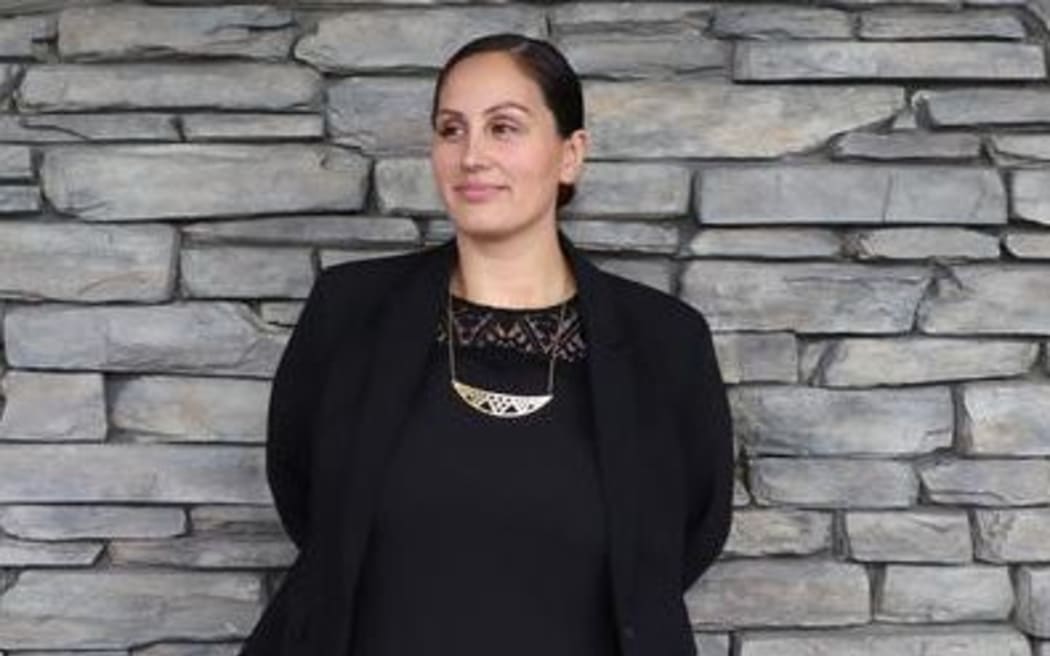
Selah Hart says policy makers need to hear the needs and aspirations of Māori.
Photo: Supplied
Hāpai te Hauora chief executive Selah Hart said we need to re-indigenise spaces that have become saturated by alcohol.
“If we can start to see a pathway forward and present such a strong a case that it can’t be ignored then we make those decision makers accountable.”
Tragically, many members of society are affected by alcohol without ever having consumed it, Hart said.
“The policy makers need to hear those needs and aspirations of Māori and get us back to where we were prior the global market of alcohol perpetuating harm at every layer of society.”
There was a number of issues to address, Hart said, including the prevalence of bottle stores in lower socio-economic areas with a high Māori population.
“We want to look at and understand how the interests of the alcohol lobby play its part in the decision making process across Aotearoa and how do we reaffirm those rights through Te Tiriti for Māori.”
Alcohol has become a cultural norm and ubiquitous at places where it previously was not accepted, such as a tangi, she said.
“We know that the alcohol industry have a huge stronghold when they can give free product to our decision makers, be at every game as key corporate sponsors, they are so entrenched in our society, but how do we reimagine what it would be like without?”
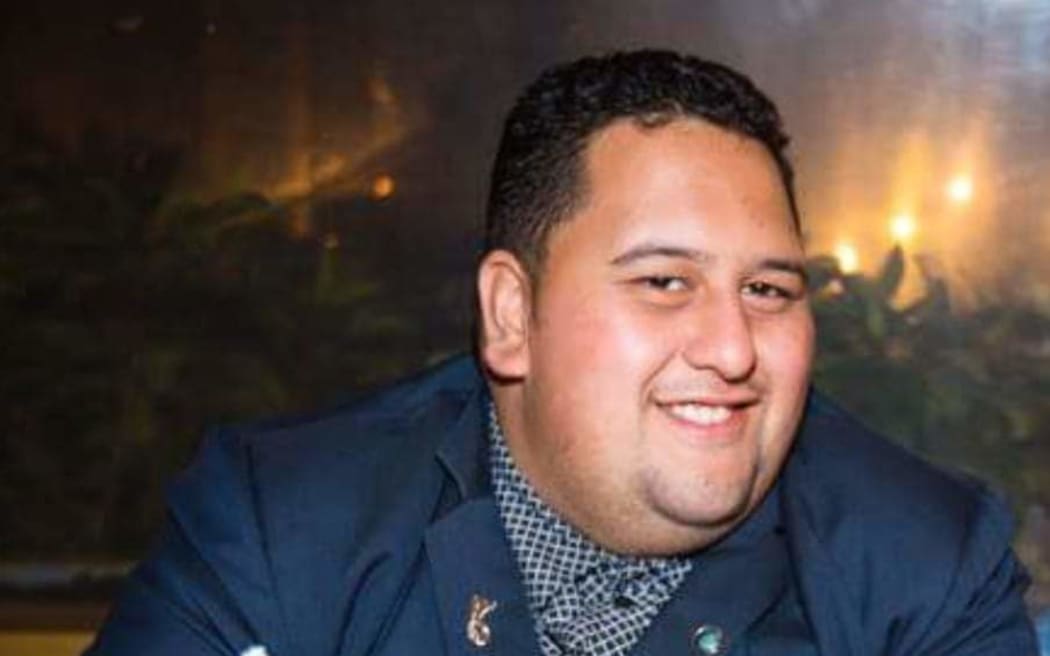
Nika Rua
Photo: supplied
Ngā Toenga o ngā Tamariki o Iharaira charitable trust project manager Nika Rua is a descendent of prophet and activist Rua Kenana.
Māori initially rejected alcohol when it was introduced in the 1700’s, Rua said.
“They called it Waipiro, which translates to stinking water.”
Though it soon took hold of communities, he said.
“Early religious leaders like Rua Kenana were firstly against alcohol but their position moved from prohibition to managing the control of liquor.”
As early as 1874, Māori leaders in Whanganui recognised its danger and sent a petition to Parliament.
“They said: ‘It muddles men’s brains and they in ignorance sign important documents and get into trouble, Grog turns intelligent men of the Māori race into fools. They are also liable to accidents.’ Which at the time meant tumbling off horses.”
However, Rua said historic legislation did nothing but persecute and discriminate against Māori.
“They prohibited the sale of spirits to Māori, enabled the creation of a licensing system in areas where Māori lived, set up dry districts in rural areas with predominantly Māori inhabitants and prevented Māori women, unless married to a European man, from buying alcohol.”
The impact of colonisation has led to generations of alcoholics trying to soften the blunt of ethnocentricity, he said.
“This is just one threads that have come from colonisation and again we are finding ourselves at the bottom of the bucket scraping whatever is left to try and make sense of where to go from here.”

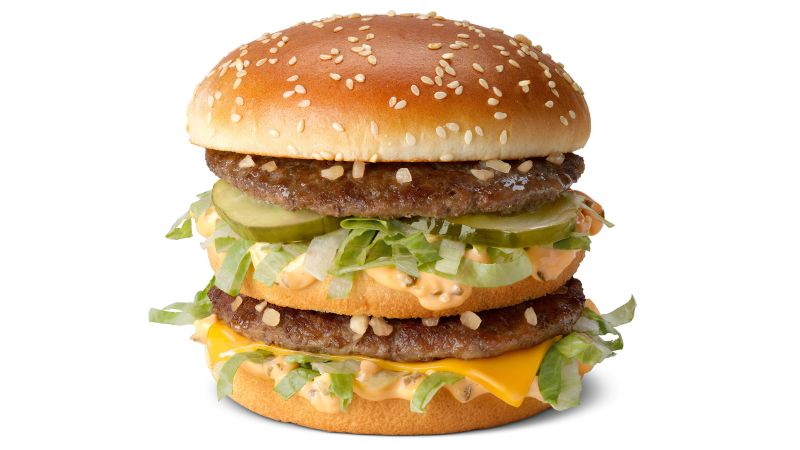




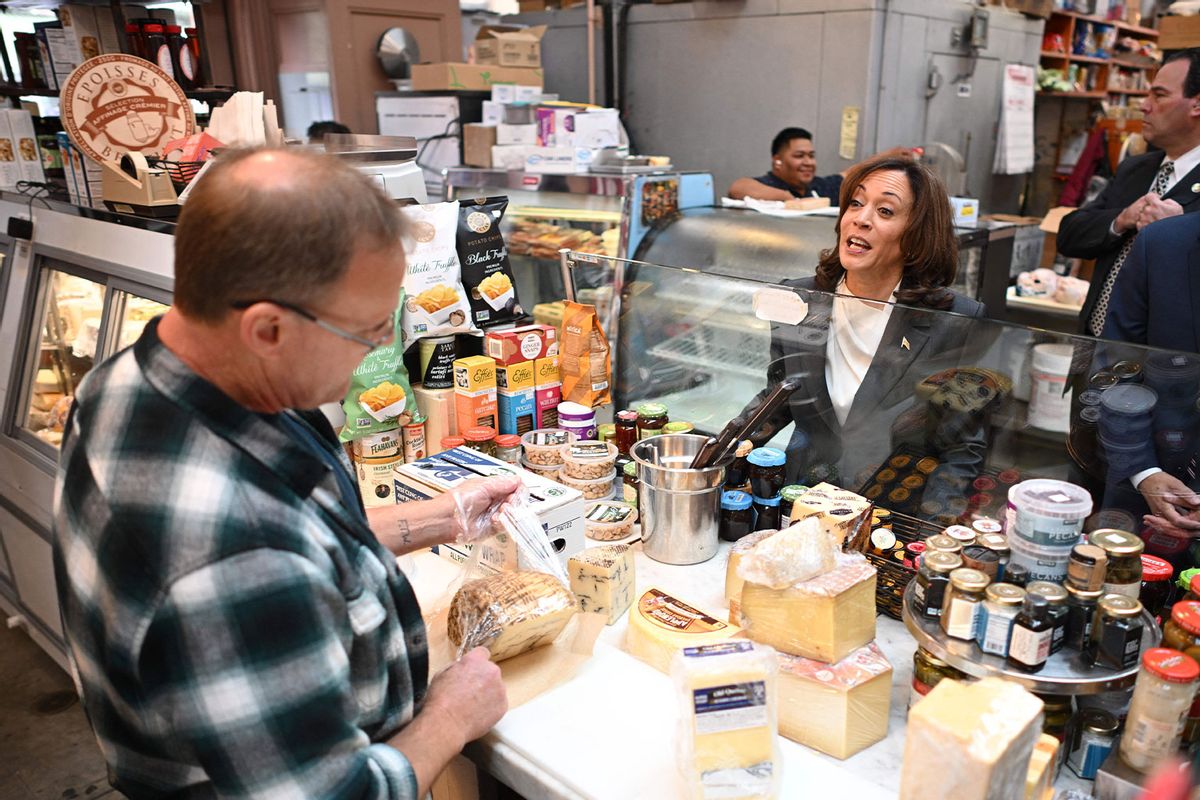



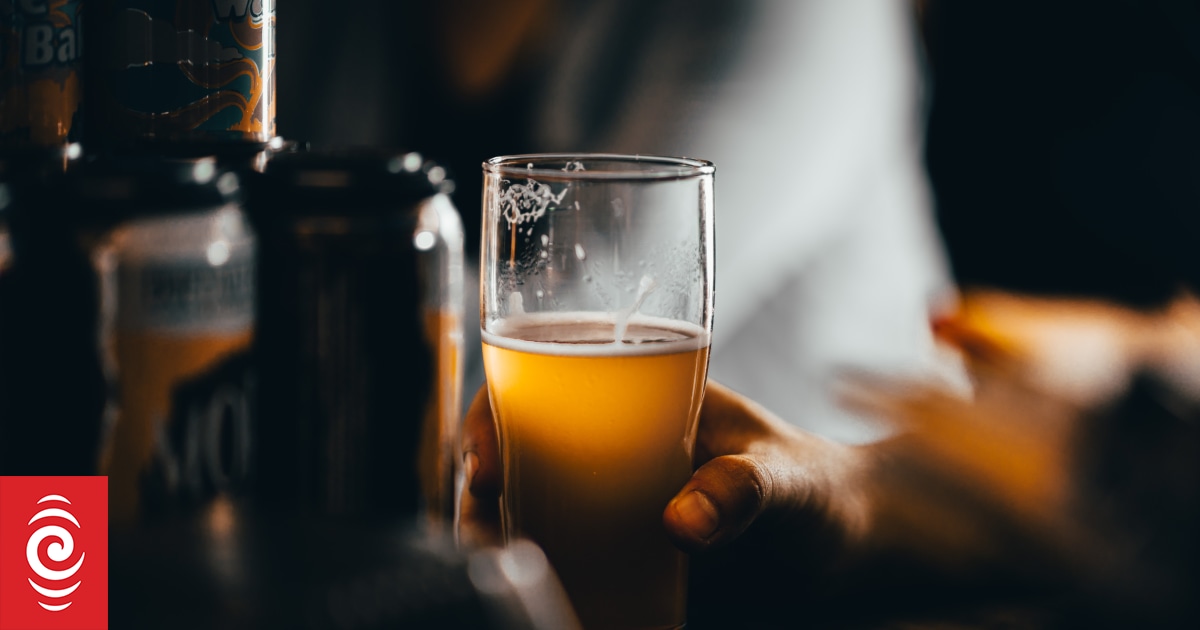

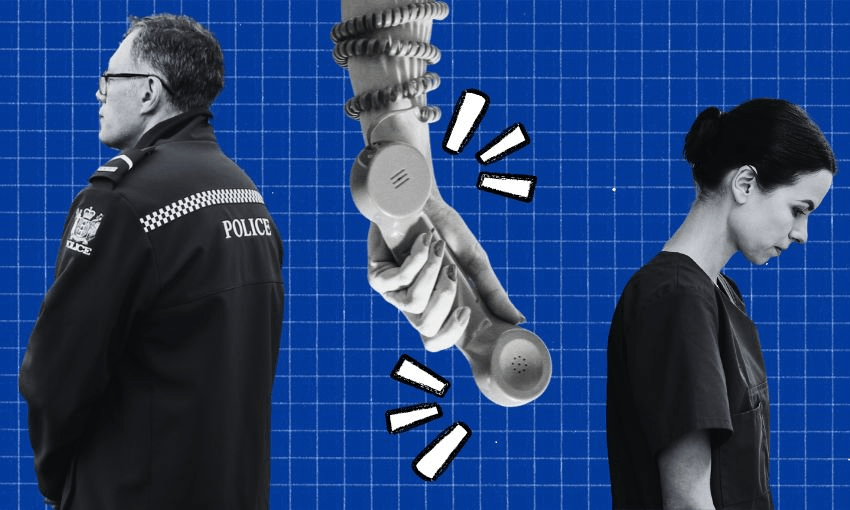








Discussion about this post